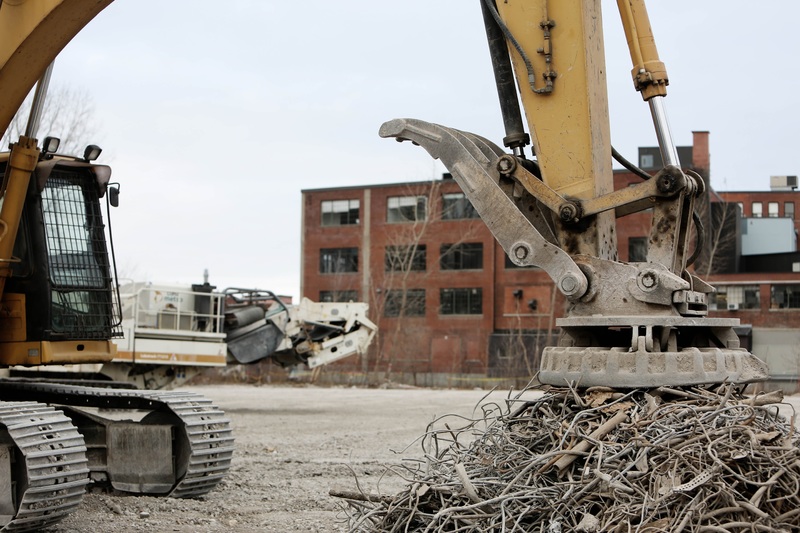

OCT 26, 2022
Scrap metal prices fluctuate wildly and go through cycles related to the economy's overall health. A strong economy tends to go hand-in-hand with higher demand for scrap metals and, consequently, higher prices. Scrap metal prices are always changing. And monitoring scrap prices and being aware of fluctuations can help you make better deals when scrap metal recycling. Because if you know, there is an upswing in scrap prices, you'll be more likely to sell your non-ferrous metals before the price drops. If you are looking for a reputable scrap metal company, check out RCM Recycling.
The price of scrap metal fluctuates because of supply and demand. When there is more demand for scrap than supply, prices will rise. When there is less demand than supply, prices will fall. The same happens when there are fewer buyers than sellers — this usually happens during economic downturns when people stop buying new items and start looking for ways to sell their old ones instead.
The short answer is that price fluctuations are significant but not detrimental. And that's because the metal recycling industry is highly competitive. If one buyer offers a higher price for scrap metal, you can take your business elsewhere and receive the same value.
When you trade in your scrap metal, the price you get for it is determined by the current market price. The price of scrap metal frequently changes due to many factors.
Labor costs influence the value of any product. If workers work harder or longer to produce a product, they will have to be paid more. The same is true for recycling programs where workers must take apart items and sort through all the different types of metals and materials before they can be recycled into new products. These extra tasks require more labor which means higher labor costs and lower profits.
Transportation is an important factor to consider when you trade in scrap metal. The cost of transportation depends on the distance between your location and the recycling facility. If your scrap yard is located close by, then transportation will be less expensive than if it’s farther away from your location.
Construction projects can increase the demand for various types of metals, affecting the price of scrap metal. As construction projects increase, the demand for metals like steel and copper increases. This increases their value as well as their prices when you trade-in.
The demand for a particular scrap metal also affects its price when you trade it in. A good example is copper wire; when more houses are being built and wired with copper wiring, there will be a higher demand for this type of scrap metal — thus increasing its value.
If you want to make a little extra money, you may want to consider selling your scrap metal. However, it can be hard to know how much to sell your metal for. The price of scrap metal is always fluctuating; if you don't know what you're doing, you could lose money.
Here are some tips for watching for the best scrap metal prices when you trade in:
It's important to remember that the prices you'll receive will often fluctuate, depending on many factors. Through this article, you gained a little bit more insight into how scrap prices fluctuate, why they do so, and how your actions in scrap metal recycling can affect their prices. Once you understand these price movements, you can make better decisions about when you trade-in.